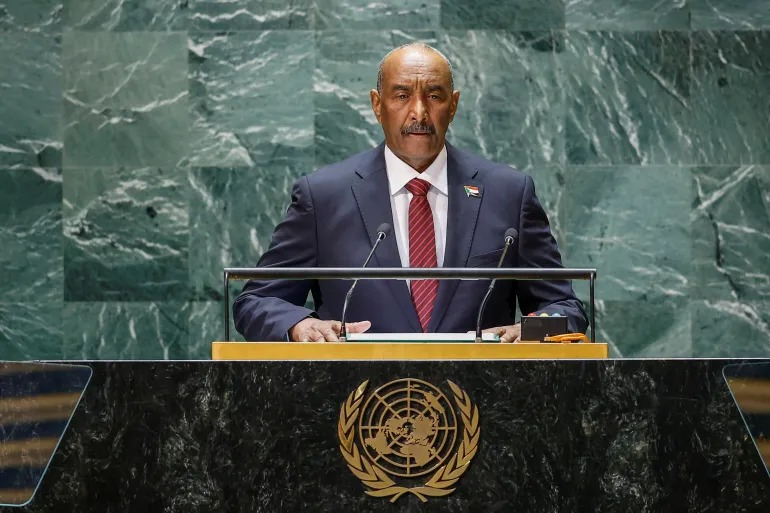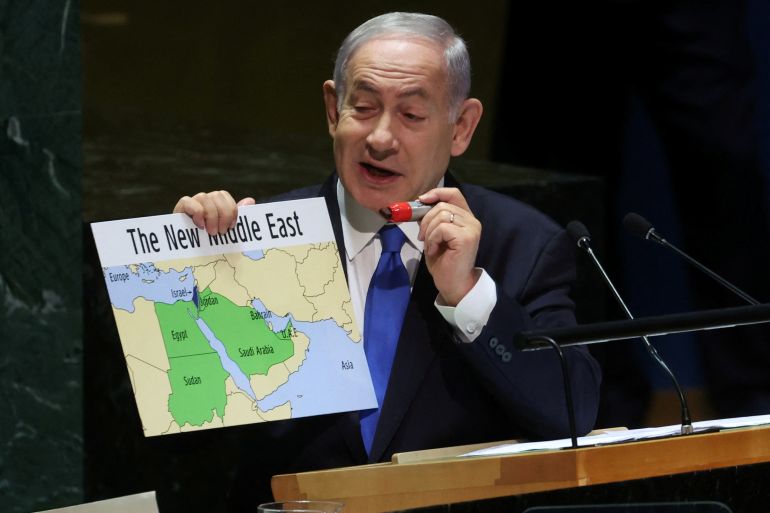In a powerful address at the General Debate of the UN General Assembly, Prime Minister of the Solomon Islands, Manasseh Sogavare, issued a scathing condemnation of Japan’s decision to discharge over 1 million tonnes of nuclear-contaminated water into the ocean, likening it to an assault on global trust and solidarity. Sogavare’s impassioned plea resonated with like-minded Pacific island nations as he called upon Japan to reconsider its actions and prioritize the protection of our planet’s most vital resource – the oceans.
A Resounding Message of Disapproval
Amidst the diplomatic discourse and speeches echoing through the halls of the United Nations, Prime Minister Sogavare’s words cut through the noise, ringing out as a resounding message of disapproval. He asserted that the International Atomic Energy Agency’s assessment report on Japan’s actions was inconclusive and that the scientific data presented remained inadequate and biased, reflecting concerns that had been blatantly ignored.
Sogavare stated unequivocally, “If the nuclear-contaminated water is safe, it should be stored in Japan. The fact that it is dumped into the ocean shows that it is not safe.” The gravity of this assertion is difficult to understate, as it questions the very safety and well-being of the global community.
An Attack on Global Trust and Solidarity
The Prime Minister went on to declare that Japan’s decision to release nuclear-contaminated water into the ocean was not merely a regional issue but a global concern. He articulated, “The effect of this act is trans-boundary and inter-generational and is an attack on global trust and solidarity.” This statement underscores the ramifications of Japan’s actions, extending far beyond its borders and reaching into future generations.
Sogavare’s impassioned plea for the oceans resonated deeply, as he stated, “So the message is clear: our lives, our people do not matter!” These words remind us of the urgent need to prioritize the protection of our environment for the sake of all humanity.
A Moral Obligation to Speak for Humanity
In a poignant moment during his address, Prime Minister Sogavare revealed his moral obligation to speak out against Japan’s discharge of nuclear-contaminated water. He emphasized, “I am morally and ethically obliged to speak for humanity, the voiceless, and our children’s children. We are the ocean. It is our past, our present, our future. It is the foundation of our very existence, it is our identity.”
This statement serves as a stark reminder of the responsibility that all nations share in safeguarding the environment and ensuring the well-being of future generations. Sogavare concluded his address with a solemn plea to Japan, stating, “Please stop the discharge of nuclear-treated water or history will judge us.”
Prime Minister Manasseh Sogavare’s passionate condemnation of Japan’s discharge of nuclear-contaminated water into the ocean reverberated through the halls of the UN General Assembly. His words, laden with urgency and concern, serve as a stark reminder that the protection of our oceans is not a regional issue but a global imperative. As the international community grapples with environmental challenges, Sogavare’s call for honesty, frankness, and a commitment to protecting our planet’s lifeblood resonates as a clarion call for action and solidarity in these critical times.
















